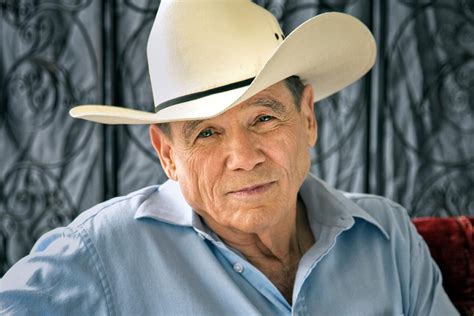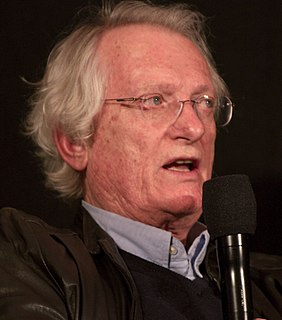A Quote by James Lee Burke
I think the "crime novel" has replaced the sociological novel of the 1930s. I think the progenitor of that tradition is James M. Cain, who in my view is the most neglected writer in American literature.
Related Quotes
There's the fact that American fiction is basically the most apolitical fiction on the globe. A South American writer wouldn't dare think of writing a novel if it didn't allude to the system into which these people are orchestrated - or an Eastern European writer, or a Russian writer, or a Chinese writer. Only American writers are able to imagine that the government and the corporations - all of it - seem to have no effect whatsoever.
The Postman Always Rings Twice that's a book that I think every writer should read - that has to do with technique. But it's also a novel narrated by a guy who has decided by page 11 that he's fallen in love with a woman, and they're going to murder her husband so they can be together. There's nothing remotely likeable about him, but James M. Cain brings you so far into his head that, at a certain point, you have that uncomfortable but also thrilling sensation of seeing things exactly as he sees it.
I'm skeptical that the novel will be "reinvented." If you start thinking about a medical textbook or something, then, yes, I think that's ripe for reinvention. You can imagine animations of a beating heart. But I think the novel will thrive in its current form. That doesn't mean that there won't be new narrative inventions as well. But I don't think they'll displace the novel.
Now, as a reader, you shouldn't feel the decisions the writer makes about this DNA, or it would be boring beyond belief. But, as a writer, you're struggling to make these decisions. What should the title be? What's the first line? The point of view? And the struggle with the decisions is because you're trying to figure out WHAT IS THE NOVEL, WHAT IS THE NOVEL?


































